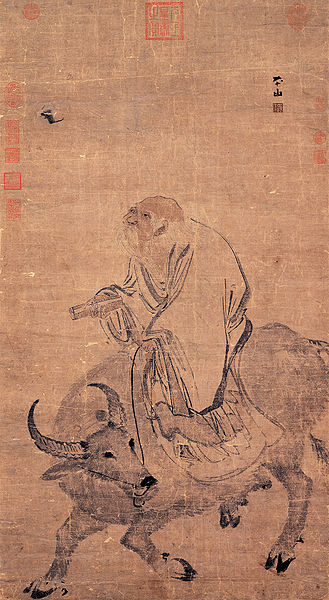
The Spirituality of Love
Love is something that everybody knows something about but that few of us consistently do well. Let's start with a review of what most all of us know.
- Love is an emotion.
- It is sometimes difficult to distinguish among related emotions such as affection, respect, love, and lust.
- We can feel something called love at different levels for everything from our favorite food to a life partner to God.
- Some love has a physical component most does not.
- Love is something we want to receive at least as much as we want to give.
- Love is related to a complex set of physical responses from our reactions to pheromones to activities that increase our endorphins.
- There is a world of difference between the situations usually referred to as "being in love" and "making love."
- Healthy loving relationships make us better people; unhealthy relationships tend to bring out the bad in each of us.
 If
you come from a Christian background, you may expect me to do the affection, friendship, eros, and charity discussion from C. S. Lewis's The Four Loves now. Well it's a useful discussion but since you expect it, you probably don't need
to hear it again. Let's dissect love in a different way.
If
you come from a Christian background, you may expect me to do the affection, friendship, eros, and charity discussion from C. S. Lewis's The Four Loves now. Well it's a useful discussion but since you expect it, you probably don't need
to hear it again. Let's dissect love in a different way.
- Love has physical components. I don't really think that is what you came to this particular web site for.
- Love has emotional components. We are going to talk about them just a little bit.
- Love also has ethical components. Those are the aspects I'd like to spend most of this lesson on.
The Chinese philosopher and spiritual leader Lao Tzu said that "to love someone deeply gives you strength. Being loved by someone deeply gives you courage." This is love in its ethical and emotional aspects. It is not just wanting to be with someone. It is not possession. It is not neediness. It is strength.
"All right now," you say, "you are just an old guy who wants to give advice to the lovelorn or offer the same types of commentary that parents and other adults offer."
And I have to answer, "Yes, I do have a craving to offer you advice and I think that craving is a great example of love." The love that a parent has for a child, that a teacher has for a pupil, that you probably have felt for a child you may have cared for--all of these experiences of love--are love without an obvious physical component but with an ethical and emotional one. You loved and want the best for that one. You will sacrifice for that one. You are led to be more than you might be because of what you feel for that one.
This is not a Valentine's Day kind of love or a rub noses kind of love it is a caring, hoping, wishing for the best kind of love. It is love that makes me a better person.
"But," you say, "what has that got to do with my ever finding a life partner? How does a good feeling about the kid I'm baby-sitting relate to the feelings for whomever I settle down with?" The short answer is that real love feels more like what you have for the kid you're baby-sitting than it feels like the lust you feel for the hunk or hunkette who happens to be the current media craze.
Love is more than neediness, more than sex, more than companionship. It is what you find when you are made stronger and given courage by the presence of the one you love.
If I give away all I have, and if I deliver my body to be burned, but have not love, I gain nothing. Love is patient and kind; love
is not jealous or boastful; it is not arrogant or rude. Love does not insist on its own way; it is not irritable or resentful; it does not rejoice at wrong, but rejoices in the
right. Love bears all things, believes all things, hopes all things, endures all things.
From I Corinthians 13